Anger elicits anger, fear elicits fear, no matter how well meaning we may be
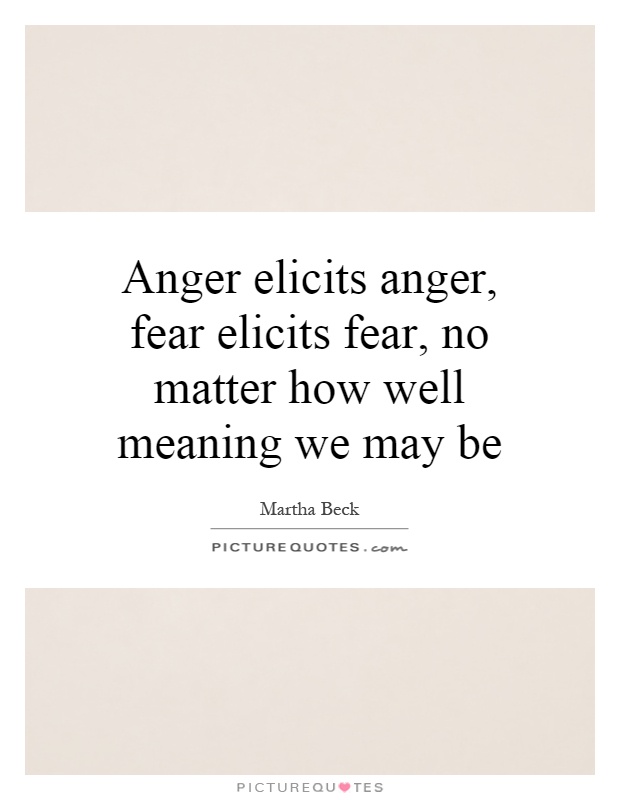
Anger elicits anger, fear elicits fear, no matter how well meaning we may be
Martha Beck, a renowned life coach and author, often speaks about the power of emotions and how they can influence our interactions with others. One of her key teachings is that anger elicits anger, fear elicits fear, no matter how well-meaning we may be. This concept is rooted in the idea that our emotions are contagious and can easily be transferred to those around us.When we are feeling angry or fearful, our body language, tone of voice, and overall demeanor can communicate these emotions to others, even if we are trying to hide them. This can create a ripple effect, causing those around us to also feel angry or fearful in response. In this way, our emotions can be like a virus, spreading from person to person and influencing the overall mood of a situation.
For example, if we are feeling frustrated and express that frustration through harsh words or actions, the person we are interacting with is likely to respond in a similar manner. This can escalate the situation and lead to a cycle of anger and conflict. Similarly, if we are feeling anxious or scared, our body language and energy can communicate these feelings to others, causing them to also feel anxious or fearful.
Martha Beck teaches that in order to break this cycle, we must first become aware of our own emotions and how they are influencing our interactions with others. By taking a step back and recognizing when we are feeling angry or fearful, we can begin to address these emotions and prevent them from spreading to those around us.
Additionally, Martha Beck emphasizes the importance of practicing empathy and compassion towards others, even when we are feeling strong emotions ourselves. By approaching interactions with understanding and kindness, we can help to diffuse tension and create a more positive and harmonious environment.
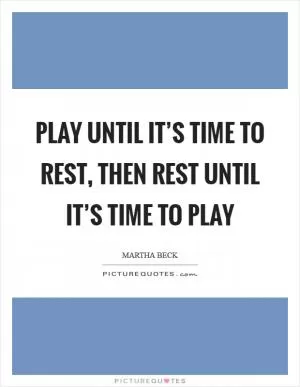
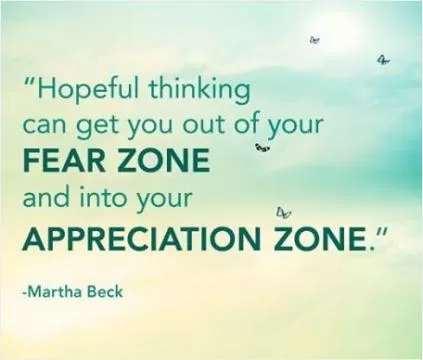
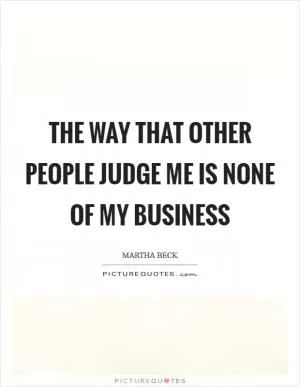
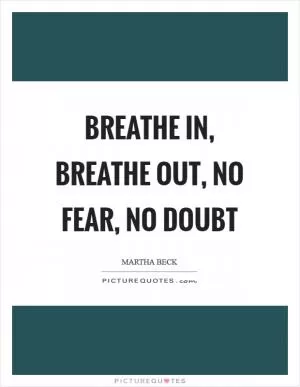




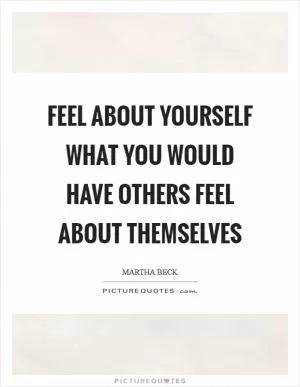
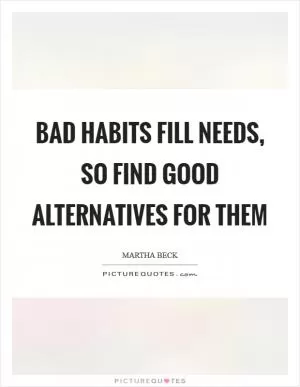


 Friendship Quotes
Friendship Quotes Love Quotes
Love Quotes Life Quotes
Life Quotes Funny Quotes
Funny Quotes Motivational Quotes
Motivational Quotes Inspirational Quotes
Inspirational Quotes